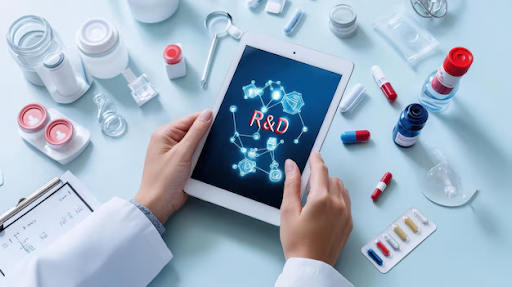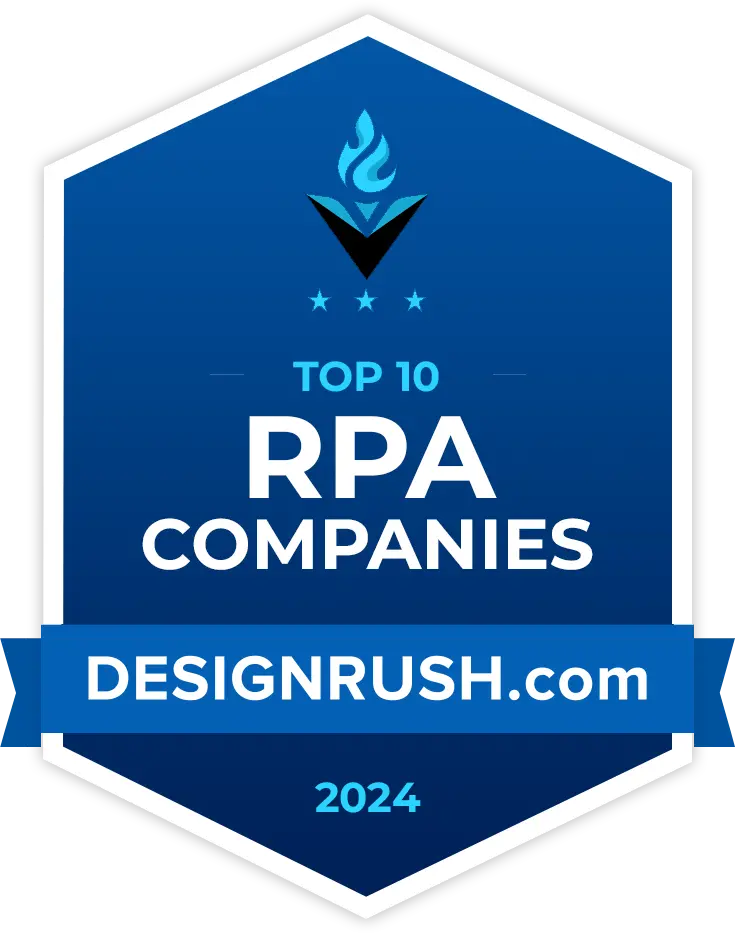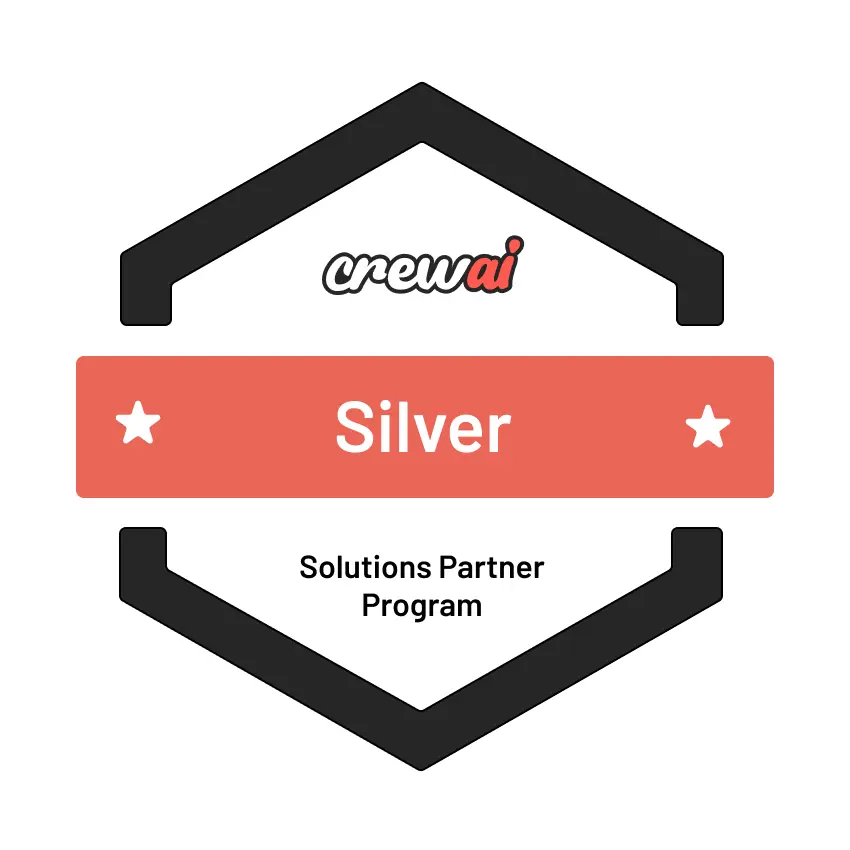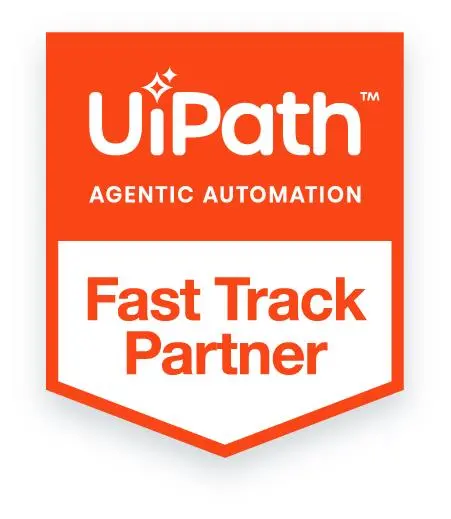
The healthcare industry is experiencing significant changes in the new age of automation, which is driving changes in patient care and business processes. One of the most important areas where automation has made a positive impact in the healthcare industry is that automation solves some of the sector’s most pressing problems, including medication management and patient safety. From processing prescriptions to reducing dosing errors and encouraging the patient to take the correct medication at the right time, automation is a major breakthrough in delivering accurate and timely healthcare.
Transforming Prescription Management with Automation
Medication prescription is usually a delicate process that involves many steps and can easily be marred by human interference. Conventional paper-based prescription management involves taking notes, records, and/or communicating with the pharmacy—all of which are prone to errors. Automation solves these vulnerabilities by digitizing the whole process.
Electronic Prescriptions (e-Prescriptions): Healthcare professionals can prepare and forward prescriptions electronically using automated systems. These systems minimize the chances of poor writing and wrong transcriptions and guarantee that the prescriptions get to the pharmacy immediately. However, e-prescription platforms link with the patient’s EHRs and allow doctors to determine possible interactions or allergies before prescribing.
Business Process Automation in Healthcare for Prescription Approval: The use of technology in the process of insurance claims and prescription approvals makes the process faster and faster and makes patient wait for their medicines. Computerized workflow guarantees compliance with regulatory and insurance requirements and reduces delays in approval procedures.
Smart Alerts for Physicians: Automation and control services provide better alerts for prescribing doctors. These systems alert physicians about drug interactions, duplicate prescriptions, or any possible side effects, making them safe for patients.
Reducing Dosage Errors Through Automation
Medication errors in general and specifically dosage errors have been and continue to be a major problem in healthcare. The WHO reveals that millions of people are affected by medication errors every year. Automation solves these challenges by bringing into the system order and accuracy in the administration of medication.
Automated Dispensing Systems (ADCs): Healthcare facilities such as hospitals and pharmacies now use ADCs to administer the correct portion of medications to patients. These systems employ bar code scanning to help ensure the right drug and dose are administered to the right patient.
Smart Infusion Pumps: With intravenous medications, the process of administering drugs is controlled by infusion pumps that have been preset with specific parameters. This helps to minimize cases where a patient is either given the wrong dose or the wrong flow rate and volume of the medication.
Integrated Barcode Scanning: One area of automation in the healthcare sector is medication administration, where scanning the barcode ensures that the patient receives the right medication. Nurses match the patient’s identification band with the medication packaging before administering the product.
Error Reduction Through Machine Learning: Machine learning algorithms integrated with automated systems analyze data from previous errors and adjust protocols to minimize future risks. This proactive approach significantly enhances patient safety.
Ensuring Medication Adherence with Automation
Medication adherence is crucial for effective treatment, particularly for chronic illnesses such as diabetes, hypertension, or cardiovascular diseases. However, non-adherence remains a widespread issue due to forgetfulness, lack of education, or complex medication schedules. Automation plays a pivotal role in addressing these challenges.
- Smart Medication Reminders: Mobile applications integrated with automated systems send reminders to patients about when and how to take their medications. These reminders can include notifications, text messages, or even calls, ensuring patients stay on track.
- Pill Dispensers with Automation and Control Services: Advanced pill dispensers automatically sort and release the correct medication dose at the designated time. These dispensers reduce the cognitive burden on patients and caregivers, especially for elderly or cognitively impaired individuals.
- Real-Time Monitoring and Alerts: Business process automation in healthcare enables real-time tracking of medication adherence. Systems notify caregivers or healthcare providers if a patient misses a dose, allowing timely interventions.
- Telehealth Integration: Automated medication management systems integrate seamlessly with telehealth platforms, enabling doctors to monitor adherence remotely. This integration allows for personalized care and adjustments to treatment plans based on adherence data.
Benefits of Automation in Medication Management and Patient Safety
The adoption of automation in the healthcare industry, particularly for medication management, offers numerous benefits:
- Enhanced Accuracy
- Increased Efficiency
- Improved Patient Outcomes
- Cost Savings
- Data-Driven Insights
The Role of Business Process Automation in Healthcare
Business process automation in healthcare goes beyond medication management, addressing systemic inefficiencies that affect patient safety and care delivery. For example, integrating automation into supply chain management ensures that essential medications are always in stock, reducing delays in patient care. Similarly, automation in billing and claims processing minimizes administrative errors and enhances the overall patient experience.
The scalability of automation technologies allows healthcare organizations of all sizes to implement tailored solutions that meet their unique needs. From small clinics to large hospitals, the transformative power of automation is driving a new era in healthcare.
Conclusion
Automation is reshaping the healthcare landscape, offering innovative solutions to age-old challenges in medication management and patient safety. By streamlining prescription processes, minimizing dosage errors, and ensuring adherence, automation in the healthcare industry is setting new standards for precision and reliability. As technology continues to evolve, the integration of business process automation in healthcare and advanced automation and control services will remain pivotal in driving patient-centric, efficient, and safe healthcare systems.
Investing in these technologies today means creating a safer, more efficient tomorrow for both patients and providers.








